Course Description
To know a thing well, you should know its history. Unfortunately, the history of psychology is often obscure, and what is written in textbooks tends to be a simplified, if not distorted, version of events. To understand what really happened, we need to go back to the primary sources, and see what people thought, what they said, and who they argued with. In this course, we’ll start by reading several foundational books and papers. Then, we’ll split up into groups to study various periods in the history of psychology more intensely. This course is a good fit for students interested in psychology, history, journalism, philosophy, and related fields. Students should have previous experience working with historical primary sources. If you aren’t comfortable with these sources, the course will be very challenging. You’re welcome to talk with the instructor about whether your background has prepared you for this course. Keywords:Psychology, history, cognitive science, sociology
Divisional Requirements
| Was course completed satisfactorily? | Yes |
Course Fundamentals
| Attended class | |
| Participated in class discussion | |
| Participated in in-class or group activities | |
| Completed assignments on time |
Learning Goals
| Learn to read and interpret intellectual or artistic works | |
| Write critically and analytically | |
| Understand quantitative methods of analysis | |
| Develop creative abilities in expressive modes (e.g. creative writing, visual and performance arts, and music) | |
| Effectively present ideas orally | |
| Conceive and complete project-based work | |
| Understand multiple cultural perspectives on intellectual or artistic subjects |
Narrative Description of Student Performance
Ruth Daniel was a pleasure to work with and showed clear intellectual growth over the course of the semester. I am impressed with their progress. Beyond meeting the requirements and objectives, Ruth contributed in such a way as to improve the class for all involved. This course was structured in two parts. In the first part we read and discussed several foundational books and papers in psychology. Despite the challenging nature of these readings, Ruth was able to critique and understand each document, developing an understanding of the history of each period we covered.
In the second part, students split up into groups. Each group chose a specific period in the history of psychology, to read more primary sources relevant to that period and study it more intensely. For the final project, each group produced a chapter on the period they chose, to be compiled into a textbook on the history of the field. Ruth took a leading role and was first author for the group that wrote the first chapter, the introduction. This chapter took on the task of introducing the reader to some critical ideas for understanding the rest of the book, the concepts of paradigms and ontologies, and how they relate to issues of semantics and philosophical realism. The chapter provides an excellent introduction to these ideas without too much jargon. However, I think it could be improved by adding more citations, so that readers would know where to look if they wanted to learn more. In short, Ruth has definitely demonstrated the skills and abilities necessary to continue the study of psychological science, as well as a solid grasp of psychology’s history, and I hope that they continue to pursue their interests in this area.
